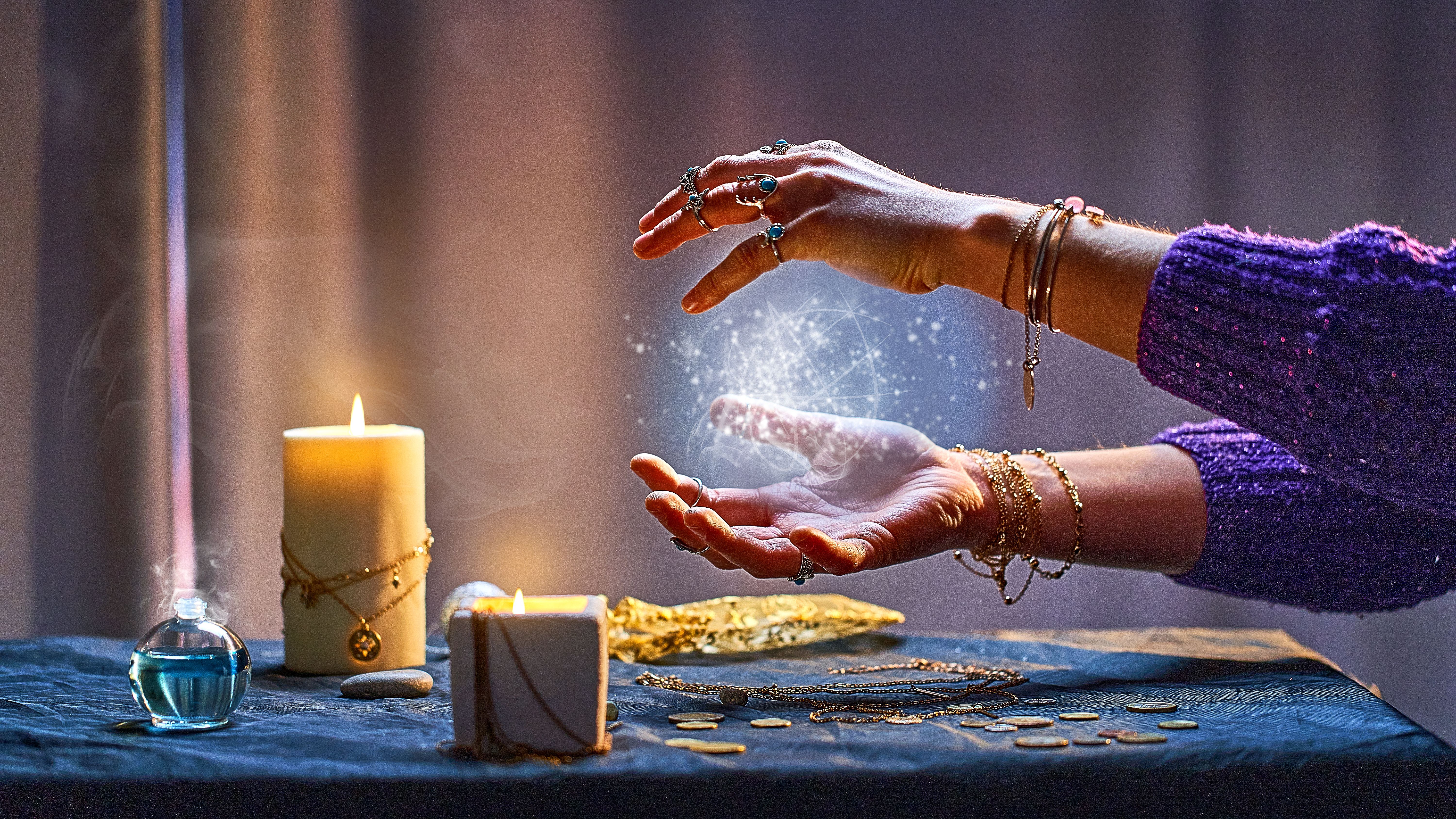- Contact
- Services & Expertise
- About
- Blog
- Services
- Black Magic Revenge & Enemy Destruction Specialist
- Love Back by Black Magic
- Black Power Spell
- Lost Love Spells – USA & UK Specialist
- International Vashikaran & Love Control Services
- Black Magic to Destroy Enemy – International Specialist
- Black Magic Specialist
- Voodoo Spells
- Black Magic Services
- Foreign Black Magic Services
Understanding Black Magic: The Path to Revenge and Enemy Destruction
Introduction to Black Magic
Black magic, often shrouded in mystery and fear, has captivated human imagination for centuries. It is generally associated with malevolent practices aimed at causing harm, invoking evil spirits, or manipulating situations to the practitioner's advantage. While it can be a controversial topic, understanding black magic requires a look into its origins, purposes, and potential consequences.

The Origins of Black Magic
Historically, black magic has roots in ancient civilizations where people sought supernatural powers to influence the natural world. This form of magic was often linked to rituals and spells designed to invoke dark forces or deities. In many cultures, black magic was considered a tool for both spiritual exploration and domination over enemies.
Various traditions have their own interpretations and practices of black magic. For instance, in Western occultism, it often involves the use of symbols, potions, and incantations. In contrast, African and Caribbean traditions might incorporate voodoo or hoodoo practices. Understanding these diverse origins helps demystify the practice to some extent.
The Path to Revenge
One of the most talked-about aspects of black magic is its supposed ability to exact revenge. Those who believe in its power often turn to it when they feel wronged or powerless against an enemy. The path to revenge through black magic typically involves intricate rituals and specific spells aimed at causing misfortune or harm to the target.

Practitioners may use personal items belonging to their target or create effigies to focus their intentions. The belief is that by channeling negative energy, they can bring about desired outcomes. However, it's crucial to note that engaging in such practices is not without risks.
Potential Consequences
While the allure of revenge might be strong, black magic comes with potential consequences that could backfire on the practitioner. Those who delve into these dark arts might face spiritual repercussions, such as attracting negative energies or becoming entangled in a cycle of harm.
- Karmic Retribution: Many believe that using black magic for revenge can lead to karmic consequences, where negative actions return to the practitioner.
- Psychological Impact: Engaging in such practices can have psychological effects, leading to fear, paranoia, or guilt over time.
- Unintended Results: Spells may not always work as intended, potentially affecting unintended targets or causing unforeseen harm.
Destruction of Enemies
Beyond revenge, some seek black magic for the complete destruction of their enemies. This aspect of black magic is considered highly dangerous due to its intensity and the level of malevolence involved. The spells and rituals for enemy destruction are often complex and require a deep commitment to the dark arts.

The ethical implications of using black magic for such purposes are significant. Many spiritual traditions warn against the misuse of supernatural powers, emphasizing the need for balance and consideration of moral principles.
Ethical Considerations
Before engaging in any form of black magic, it's essential to consider the ethical implications. Is it justifiable to cause harm, even in the name of revenge? The line between right and wrong becomes blurred when dealing with forces beyond human understanding.
Ultimately, those who choose this path must weigh their actions' potential benefits against the risks and moral consequences. For many, seeking alternative ways to resolve conflicts might be a more sustainable and ethically sound approach.